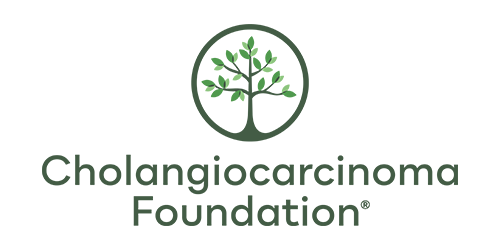Cancer Moonshot
National Cancer MoonShot 2020
New Hope for Rare Cancers
Before July of 1969, our nation thought that landing on the moon would be an impossible feat, only imaginable in our wildest dreams. When Neil Armstrong and Buzz Aldrin walked on the moon, the word “impossible” was shattered when Armstrong said, “That’s one small step for man, one giant leap for mankind.”
In January 2016, our nation took one small step in the right direction towards a cure for cancer. When President Obama gave his final State of the Union, he announced that Vice President Joe Biden would be heading a vital initiative called the National Cancer MoonShot 2020. Having lost his son, Beau, to brain cancer last May, Biden took the reins on this initiative with a very personal touch.
The Cancer MoonShot is a unique and comprehensive program set to accelerate cancer research rapidly – approximately ten years’ worth of work in a five year time span. Soon after the State of the Union, the National Institutes of Health received a $195 million investment, with approximately $1 billion budgeted for the MoonShot Program.
While the Cancer Moonshot will undoubtedly lead to improvements for all types of cancer, it is particularly exciting for rare cancers, like cholangiocarcinoma, mesothelioma, leukemia and lymphoma. Due in part to a lower incidence rates, these cancers tend to see less attention in terms of research, funding and awareness. The additional research efforts will impact treatment immensely – allowing doctors to learn more quickly what is working and what isn’t. Additionally, the Cancer Moonshot it is expected to help get new drugs approved faster, so that they can be used in clinical trials to help treat all types of cancer, but particularly rare cancers.
According to Warren Kibbe Ph.D., “The goal is to ensure that patients and their care teams can access the information they need at the right time and to strengthen participation in cancer research. While clinical trials may not be the best treatment option for every cancer patient, many patients, providers, and caregivers could benefit from knowing and understanding what is available and having appropriate clinical trials offered and explained as an option in their cancer care at any clinical care site.”
Vice President Biden will be assisted by the Cancer MoonShot Task Force, which consists of heads of the executive branch departments and other government agencies. There is also a multi-disciplinary group of 12-20 experts serving on a Blue Ribbon Panel. They will be working on advancements in clinical trials, pediatric cancer, cancer immunology, precision medicine and more. These groups will help lead ground-breaking research in these specialized areas.
Money alone will not get us close to where we want to be. The most crucial part of the Cancer MoonShot is people. Community input is critical to the success of the MoonShot Initiative. The success of the program will depend on breaking down silos and encouraging everyone with an interest in fighting cancer to work together, share information, and collaborate on solutions.
Regardless of expertise, the White House is calling on everyone to take part in the Cancer MoonShot. This initiative is all about collaboration, so your ideas are welcomed and highly encouraged. Here is how you can get involved!
Submit your ideas for the MoonShot
Subscribe to get email updates
Make your voice heard by sending an email message to cancerresearch@nih.gov
The National Cancer MoonShot is set to result in changes we never thought were possible for cancer research by bringing about a decade’s worth of advances in 5 years, making more therapies available to more patients, and spurring progress in cancer prevention, treatment, and care. This means a new found hope for those who are battling cancer, as well as their families, loved ones, and all those invested in the future developments in healthcare.
